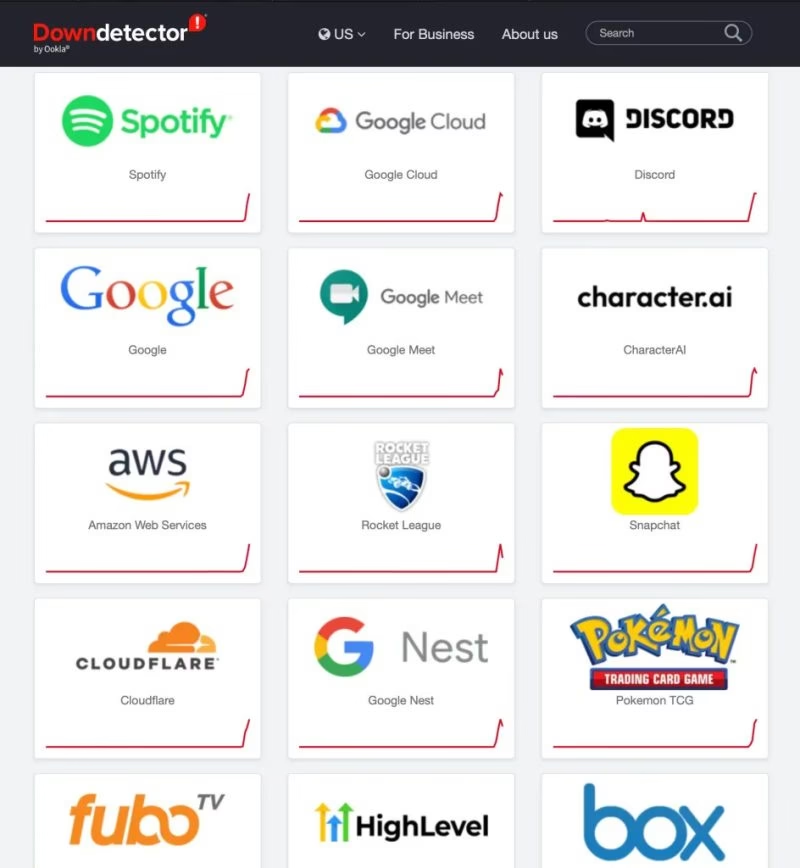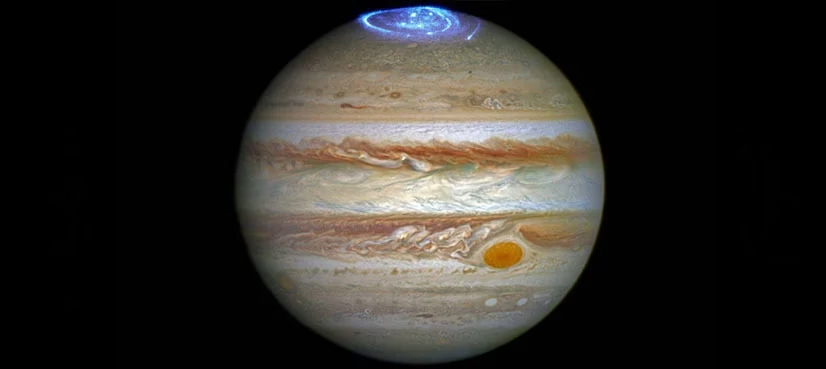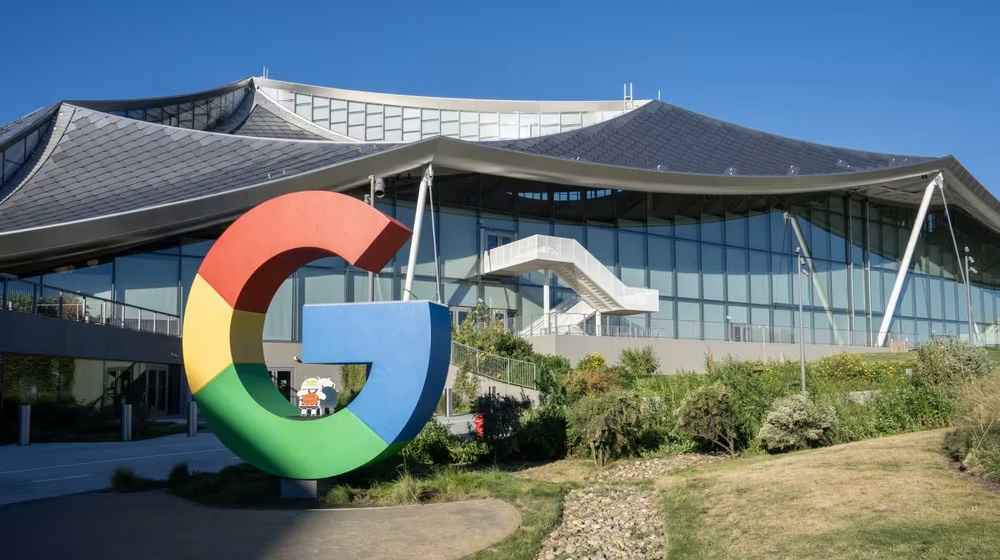A major Google Cloud outage earlier this week triggered widespread disruptions across several major online platforms, impacting tens of thousands of users globally. Popular services like Spotify, Discord, Snapchat, and various Google platforms were rendered temporarily unusable, highlighting just how much of the internet depends on a few centralized cloud providers.
What Caused the Disruption?
The root of the issue was traced back to Google Cloud — one of the top three cloud service providers in the world. The outage began earlier in the week and caused a chain reaction across the web, affecting platforms that rely heavily on Google’s cloud infrastructure to operate. Downdetector, a platform that tracks service outages, showed a sharp spike in reported problems from users around the world.
A Google spokesperson confirmed that the issue had been resolved by Thursday evening and released a statement saying, Following a disruption to several Google Cloud services, all products have now been fully restored.However, the scale of the outage left a lasting impact, raising questions about the fragility of the digital services we depend on daily.
Cloudflare Confirms Source
Cloudflare, a company that uses Google Cloud for some of its backend services, confirmed that the disruption stemmed from issues affecting Cloudflare Workers KV, a key-value data storage service. Despite the outage, Cloudflare reassured users that its core systems and critical functions remained operational.
Even though the initial disruption was limited to a specific area of Google Cloud services, its impact spread far and wide — demonstrating the interlinked nature of today’s internet.
Platforms Hit the Hardest
At the peak of the outage, the numbers were staggering:
- Spotify was one of the worst-hit, with over 46,000 users reporting service interruptions.
- Discord, a favorite platform for gamers and communities, faced disruptions affecting over 11,000 users.
- Google Cloud itself logged more than 14,000 issue reports during the incident.
Other digital services like Snapchat and Character.ai, both of which operate on cloud-based infrastructures, also experienced significant disruptions. Spotify was quick to respond on social media, directing concerned users to Google’s service status dashboard for updates.

AWS Remains in the Clear
Interestingly, some users also flagged Amazon Web Services (AWS) on Downdetector, speculating it may have been involved in the outage. However, Amazon swiftly denied any issues, stating that AWS was operating normally throughout the incident. This contrast between cloud providers has reignited debates over service redundancy and digital dependency.
Google Cloud’s Role in Global Infrastructure
Google Cloud plays a massive role in powering the internet — handling approximately 25% of global internet traffic, according to Synergy Research Group. This makes it the third-largest cloud provider in the world, trailing behind Amazon (30%) and Microsoft Azure (21%).
Given its substantial influence, even minor issues within Google Cloud’s ecosystem can cause major ripples across the internet, as this week’s outage clearly demonstrated.
What This Means for Users and the Industry
While all services have now resumed normal operations, the incident has reignited discussions about the risks of centralized infrastructure. As more businesses migrate to cloud services for scalability and convenience, the internet becomes increasingly vulnerable to these kinds of outages.
It also raises concerns for smaller platforms and developers who may not have the resources or flexibility to quickly respond to such disruptions. Although cloud services offer robust infrastructure, they are not immune to technical failures — and when they occur, the fallout can be felt on a global scale.
For end-users, this is yet another reminder of how interconnected digital life has become. A glitch in one company’s data center can lead to mass confusion, entertainment blackouts, lost productivity, and significant financial consequences for businesses dependent on uptime.
This week’s Google Cloud outage is a wake-up call. It underscores the need for better fail-safes, diversified hosting strategies, and transparent communication from tech giants during service disruptions. For now, the dust has settled — but the industry will likely spend the coming weeks analyzing what went wrong and how to avoid it happening again.



